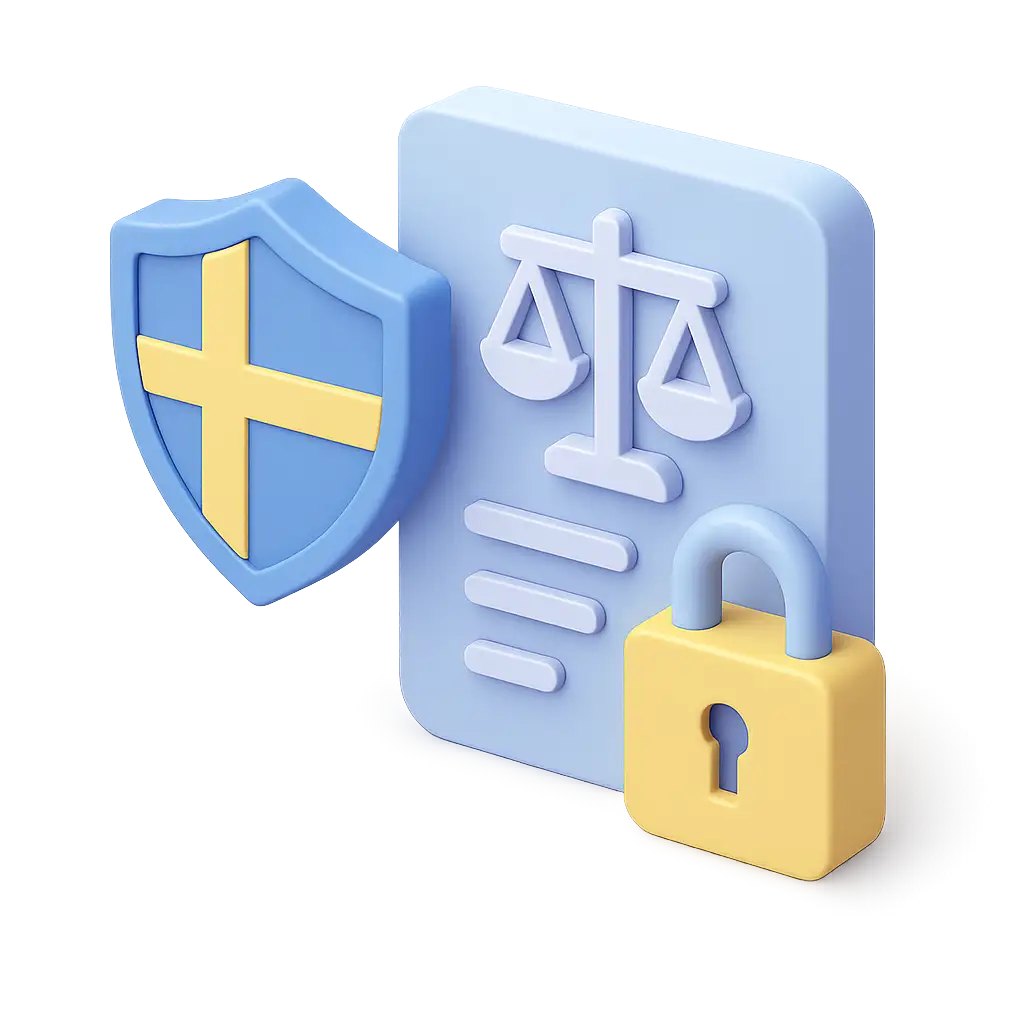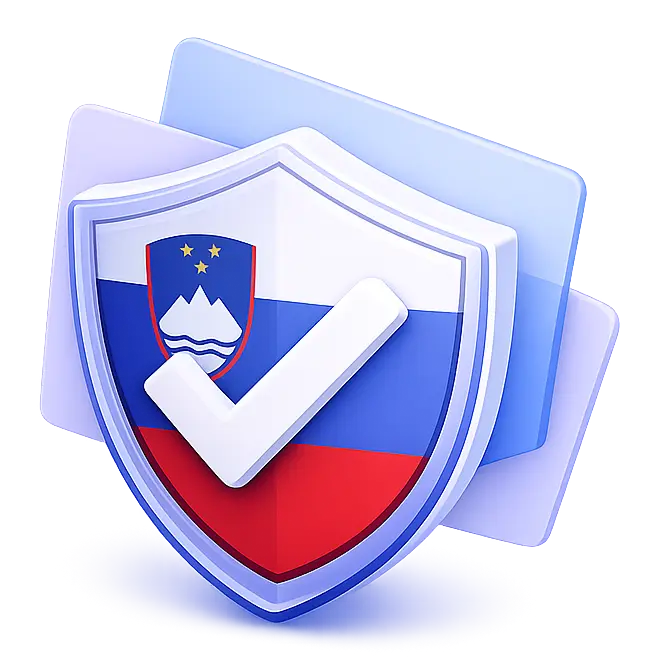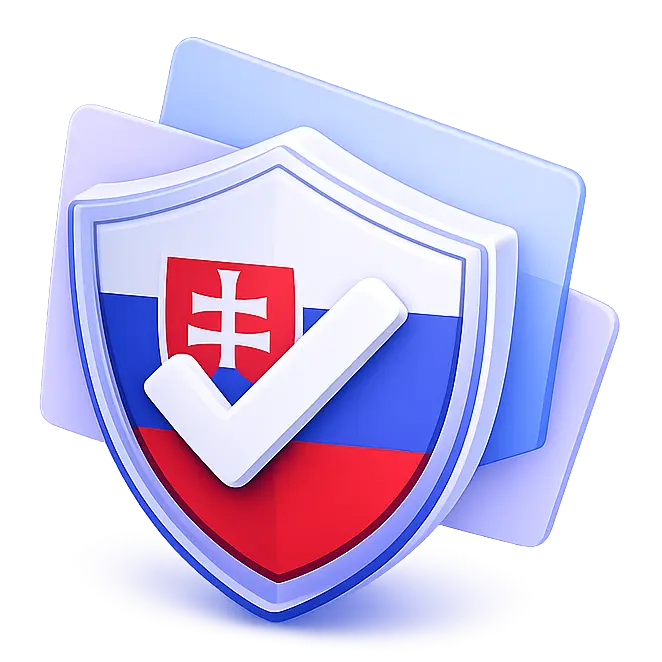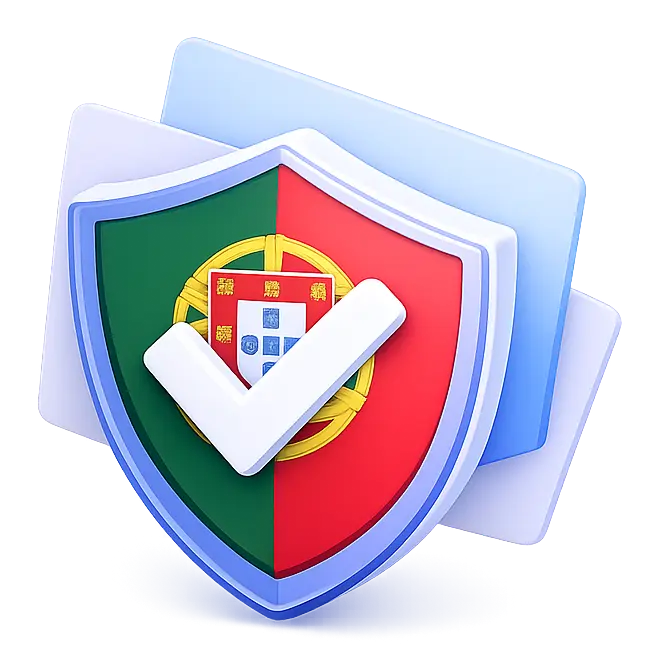Cybersäkerhetslagen, also known as the Cybersecurity Act, is a Swedish law implementing the EU NIS2 directive. It is designed to improve cybersecurity resilience for important and critical sectors, including energy, healthcare, and finance.
As of writing, it is still being prepared, but it is expected to be enforced by the end of 2025. The framework is part of Sweden's commitment to align with the EU NIS2 Directive, ensuring robust cybersecurity measures across essential services.
Read more: What is Cybersäkerhetslagen?
What are the key requirements of Cybersäkerhetslagen?
The framework outlines several key requirements that organizations must meet to ensure compliance and enhance security:
- Risk Management Practices: Implement comprehensive risk management processes.
- Incident Reporting: Report cybersecurity incidents within specified timeframes.
- Supply Chain Risk Management: Manage and mitigate risks throughout the supply chain.
- Security Governance Integration: Integrate security measures into governance frameworks.
- Regular Security Audits and Testing: Conduct regular security audits and tests.
- Crisis Management and Recovery Plans: Develop and maintain effective crisis management and recovery plans.
Are the requirements mandatory for everyone?
Cybersäkerhetslagen requirements are mandatory for entities operating within critical sectors in Sweden. This includes both public and private organizations in sectors like energy, healthcare, and finance. Specific exemptions may apply depending on the organization's size and complexity.
Read more: Who does Cybersäkerhetslagen apply to?
Common challenges with meeting Cybersäkerhetslagen requirements
Organizations may encounter several challenges in achieving compliance with Cybersäkerhetslagen:
- Resource Limitations: Smaller organizations may struggle with the resources needed for compliance.
- Complex Integration: Aligning new requirements with existing systems can be challenging.
- Supply Chain Oversight: Managing third-party risks requires comprehensive oversight.
- Timely Incident Reporting: Ensuring timely reporting can be logistically challenging.
- Continuous Updates: Keeping up with evolving threats demands ongoing effort.

How Cyberday helps with Cybersäkerhetslagen requirements
Cyberday provides a comprehensive solution for managing compliance with Cybersäkerhetslagen. It offers a full ISMS (Information Security Management System) that helps track and assure compliance through universal tasks.
This approach eliminates duplicate work by mapping requirements across multiple frameworks. Cyberday also supports audits, a risk-based approach, and offers local framework support in various languages, making it particularly valuable for organizations in Sweden.
Read more: How to comply with Cybersäkerhetslagen?

.svg)
























